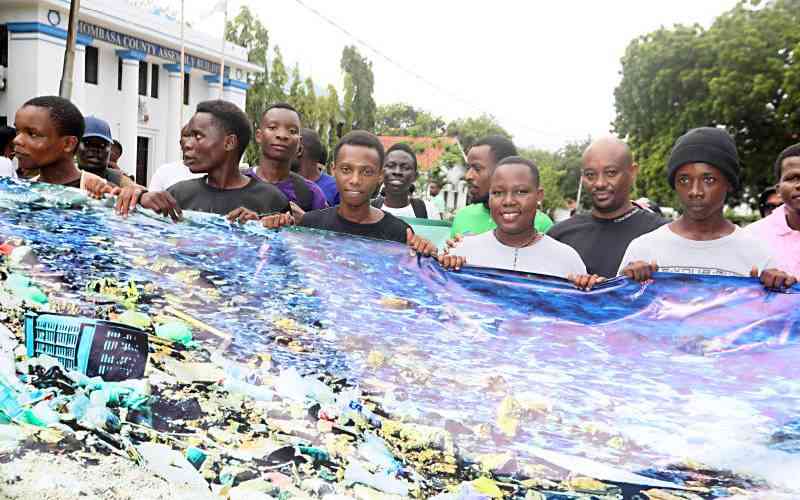
Today, the world marks World Environment Day. The focus this year is on beating plastic pollution. Pollution is a huge cause of disease and early deaths in the world today while plastic pollution is one of the most serious threats to the planet's health which in turn affects human health and livelihoods.
Plastic is not all bad. It is important as it is used for packaging, building and construction, textiles, electrical and electronics and industrial machinery. Plastic is light, easy to make, easy to use making it very beneficial.